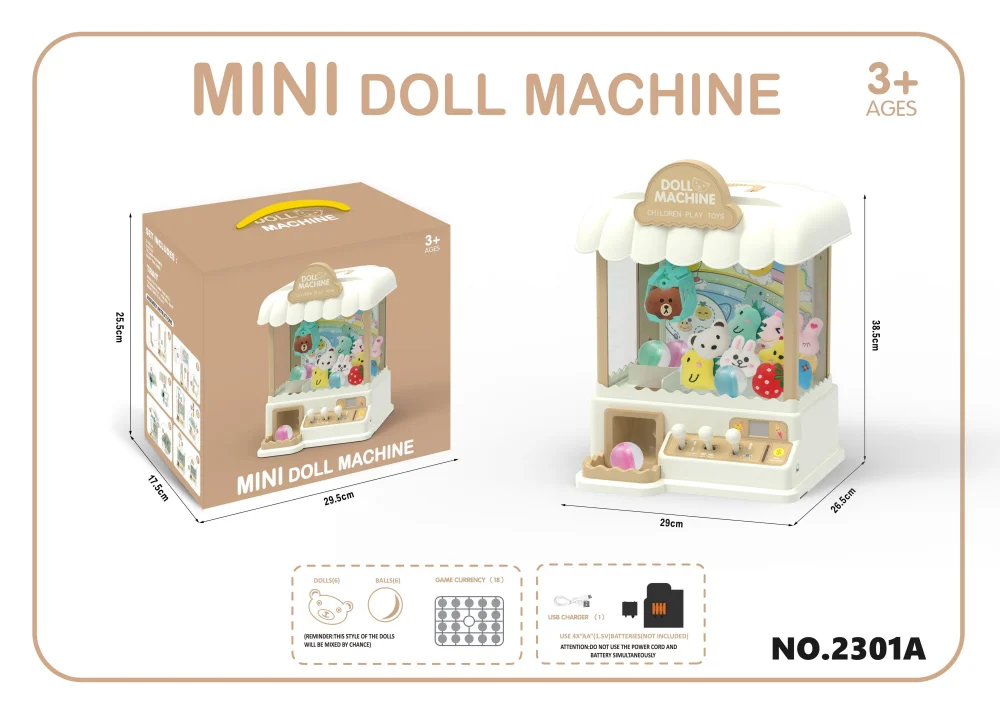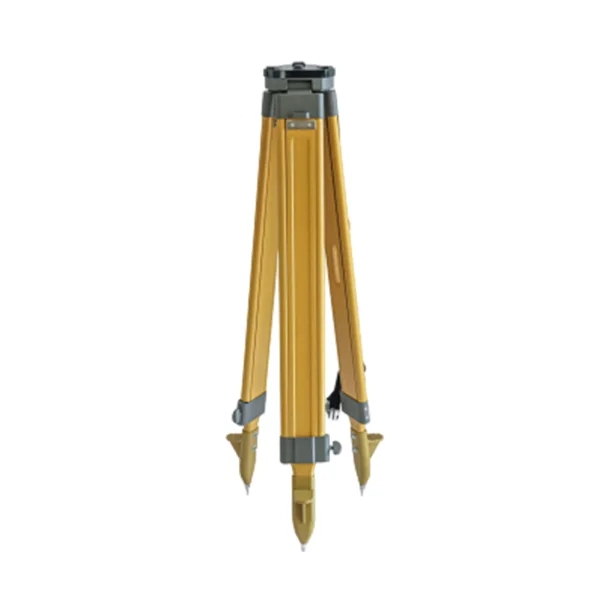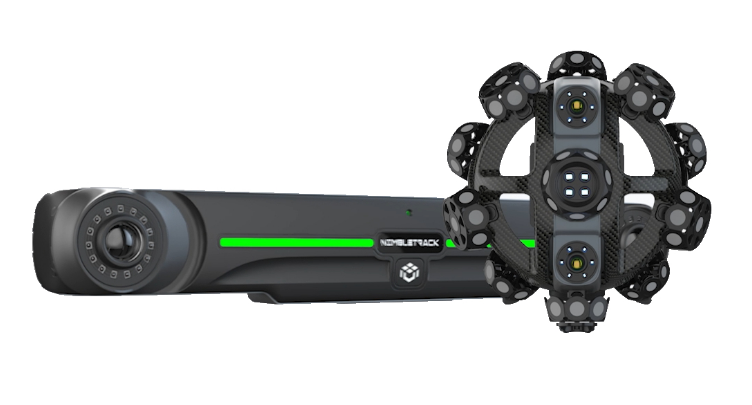
In the fast-paced world we live in, convenience foods have become a staple in our daily lives. These are foods that are designed for quick preparation and consumption, often requiring minimal cooking or preparation time. One such food that has been a breakfast staple for many is cereal. But, is cereal a convenience food? This article aims to delve into this question, exploring the various aspects that define cereal and its place in the convenience food category.
Cereal, in its most basic form, is a processed grain that is often eaten as a first meal of the day. It comes in various forms, from flakes to puffs, and is often consumed with milk or yogurt. The simplicity and speed of preparation certainly lend credence to the argument that cereal is indeed a convenience food. However, to fully understand this, we need to delve deeper into the characteristics of convenience foods.
Convenience foods are typically characterized by their ease of preparation, minimal cooking requirements, and long shelf life. They are often pre-cooked, frozen, or require minimal heating before consumption. In this regard, cereal fits the bill perfectly. It requires no cooking, can be prepared in minutes, and has a long shelf life due to its dry nature.
Moreover, the evolution of cereal over the years has further cemented its place in the convenience food category. From the introduction of single-serving packs to the advent of cereal bars, the cereal industry has continually innovated to make its products more convenient for the consumer.
However, it's important to note that not all cereals are created equal. While many cereals are indeed convenience foods, there are also types of cereal that require cooking and preparation, such as oatmeal or grits. These cereals, while still relatively quick to prepare, do not fit the traditional definition of convenience foods as they require more than just adding a liquid.
Furthermore, the nutritional value of cereal can vary greatly. Many convenience foods are often criticized for their high sugar and low nutrient content. While this is true for some cereals, especially those marketed towards children, there are also many cereals available that are high in fiber, low in sugar, and packed with essential vitamins and minerals.
In conclusion, while cereal does fit many of the characteristics of convenience foods, it is not a one-size-fits-all category. The convenience and nutritional value of cereal can vary greatly depending on the type and brand. Therefore, while cereal can be considered a convenience food, it's important to choose wisely to ensure you're not sacrificing nutrition for convenience.
In the end, the question, Is cereal a convenience food? can be answered with a resounding yes, but with the caveat that not all cereals are created equal. As with any food choice, it's essential to read labels, understand what you're consuming, and make choices that align with your dietary needs and lifestyle.





